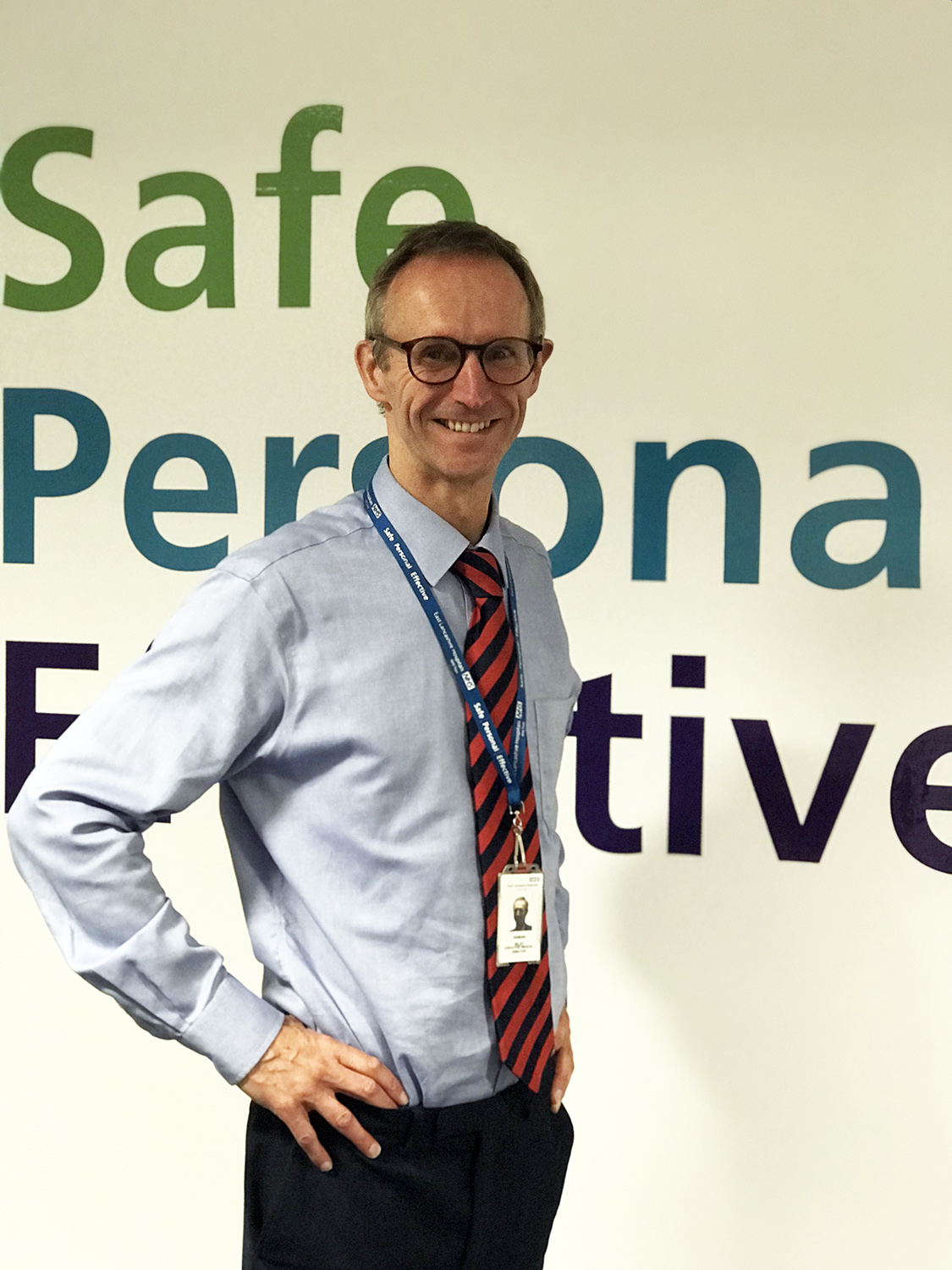
It’s a rather rainy Friday to end another warm week, but at least for many of us there is the start of the summer holidays to look forward to. I hope everyone has a chance for a good break, a well-earned rest, and of course that you get the right weather for your vacation when it comes!
On Monday this week we hosted a visit by the Minister for Labour and Skills from the state of Kerala, Southern India. It is a region with a 35 million population and they train a lot of nurses who are then keen to work abroad and further their training before returning home. Working with Health Education England we have been recruiting a number of nurses form Kerala, who are being well supported by our HR and Clinical Education staff to help their adjustment to life in East Lancashire… getting used to fish and chips, cheese pie, the Lancashire accent, and so on! What was interesting to hear from our Kerala nurses who have experienced working on our wards, was their experience that “patients are patients”, and everywhere needed the same in terms of nursing care and compassion, and reassuringly that the core values of nursing still applied no matter where you practise.
I’ve spent a fair bit of time in our radiology departments this week. On Tuesday I was visiting the different teams in radiology here in Blackburn, as we were filming next month’s team brief video (and yes I do still find it difficult to watch myself without cringing), and on Thursday morning I had a great visit to the Breast Screening Team in Burnley. Radiology is a key service that underpins all our emergency, elective, cancer and diagnostic services. Over half a million x-rays, scans and images are taken each year. We take more than 30,000 mammograms a year and 100 patients visit our mobile breast screening unit each day – an amazing workload and amazing staff. I want to give a special mention to Bev Grimes, receptionist at Burnley who has been working in radiology in East Lancashire for 40 years!
Lean… that has been the watchword of Toyota and other major manufacturing companies in recent years. The NHS is now taking the best bits of “Lean” strategy and implementing them as a means of improving efficiency in a “Vital Signs” programme. We are among the first wave of Trusts piloting the introduction of the Vital Signs processes. What it really means is two things: Reducing waste, and Respect for each other and our values. Various teams have already had time-out sessions to look at their processes, and map the patient’s journey from point of referral to point of discharge. Many teams are quickly realising we can do things better if we cut out any unnecessary bureaucracy or wasted steps in patient journeys. It’s an improvement methodology we will be focussing on increasingly over the next two years, making sure we continually improve on the delivery of Safe Personal Effective care. As it gains recognition right across the Pennine Lancashire community, for the success it brings, we will see it adopted as the “Pennine Lancashire” way of improving things. In essence, rather than think about the NHS saving money, we need to think about reducing wastage in our processes, because this is a better way of becoming more efficient.
One way of improving things is through staff health and wellbeing - to respond to the challenges faced by our workforce and, where possible, prevent health issues before they arise. To help us understand the issues you face, we currently have a Health and Wellbeing questionnaire running – please have a look and give your opinions before the survey closes at the end of the month.
Just to end as usual on a more humorous note, I did say I’d spent a lot of time in radiology this week. Did you know … Dogs can’t have an MRI scan but CAT SCAN


